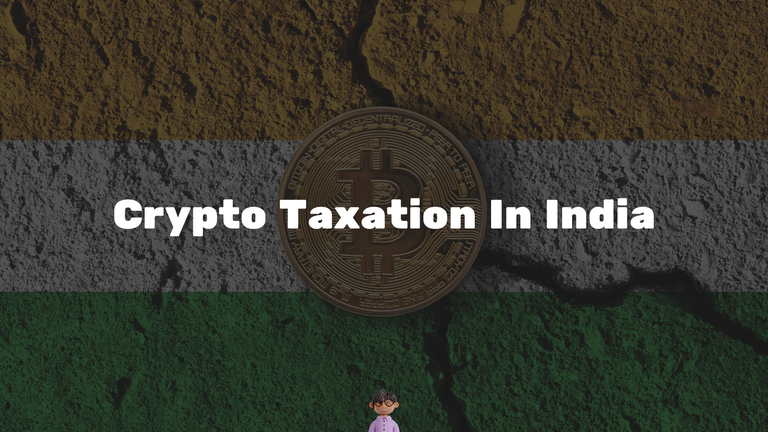
Cryptocurrencies and other digital assets in India are captivating investors and enthusiasts alike with their promise of financial revolution. However, the Indian crypto landscape has been impaired by regulatory uncertainties, and one particular aspect that leaves a bitter taste in the mouths of users is the current tax policy. I hate it, other users hate it and the same sentiment is observed across the country.
In this blog, I aim to shed some light on the flaws and shortcomings of the crypto tax policy in India according to me. They not only create confusion but also hinder the growth and adoption of cryptocurrencies.
Lack Of Clarity And Guidance
One of the biggest challenges faced by crypto users in India is the lack of clear guidelines and provisions regarding the taxation of cryptocurrencies. The existing tax policy fails to address several key aspects, leaving taxpayers in a state of confusion. To this date, I am still not 100% sure how my CA is filling my taxes, and neither is he. The absence of a concrete definition of cryptocurrencies in tax laws further compounds the problem. It feels like trying to fit a square pizza into a round box. Seriously, WTF!
Burden of Double Taxation
Adding insult to injury, the current crypto tax policy in India imposes a burden of double taxation on users. Cryptocurrencies are classified as goods or assets, making them liable to both the Goods and Services Tax (GST) and income tax (& TDS). This duplicity in taxation not only leads to unnecessary complexity but also exhausts investors and other concerned parties. It's like being taxed twice for the same cup of coffee which leaves a bitter aftertaste. 🤤
The Hurdle of Valuation
Determining the valuation of cryptocurrencies for taxation purposes is yet another hurdle faced by users. The lack of reliable sources and uniform guidelines for determining the fair market value of cryptocurrencies introduces discrepancies and ambiguity. Different cryptocurrency exchanges provide varying prices, leading to inconsistent tax calculations. For example, WazirX follows their own policy and taxes me a strange amount which doesn't match with calculations on CoinDCX.
Inadequate Disclosure Requirements
The tax policy's inadequate disclosure requirements for cryptocurrency holdings further deepen the challenges faced by users like me who deal in cryptos on a daily basis. The requirement to disclose details of cryptocurrency holdings along with the absence of clear guidelines on how to do so puts users in a catch-22 situation. Users want to comply with the law, but without proper guidance, they are left scratching their heads. 🤕
Brain Drain Problem
The impact of the current tax policy extends beyond individual users to the larger crypto ecosystem, particularly crypto startups in India. The excessive burden of taxation imposed on crypto startups hampers innovation and discourages entrepreneurship. The lack of a supportive tax environment stifles growth and drives promising ventures to more crypto-friendly jurisdictions. Most of these startups have moved to a more crypto-friendly jurisdiction to survive. I would do no different because survival is the only thing that matters in this ever-evolving space.
Conclusion
In my humble opinion, the current crypto tax policy in India is clearly flawed and does not favor users. The lack of clarity, the burden of double taxation, valuation woes, inadequate disclosure requirements, and the negative impact on crypto startups all contribute to an unfavorable environment for crypto enthusiasts like myself. I don't want to stay in such a country that cannot prepare for the future. It's high time for Indian policymakers to acknowledge the potential of cryptocurrencies and devise a tax policy that fosters innovation, encourages adoption, and provides clear guidelines for users. Until then, the road to crypto taxation in India will remain bumpy, hindering the growth of this exciting and transformative technology. I can only hope for a smoother ride ahead. What about you? What do the taxation laws look like in your country? Comment below!
Posted Using LeoFinance Alpha
